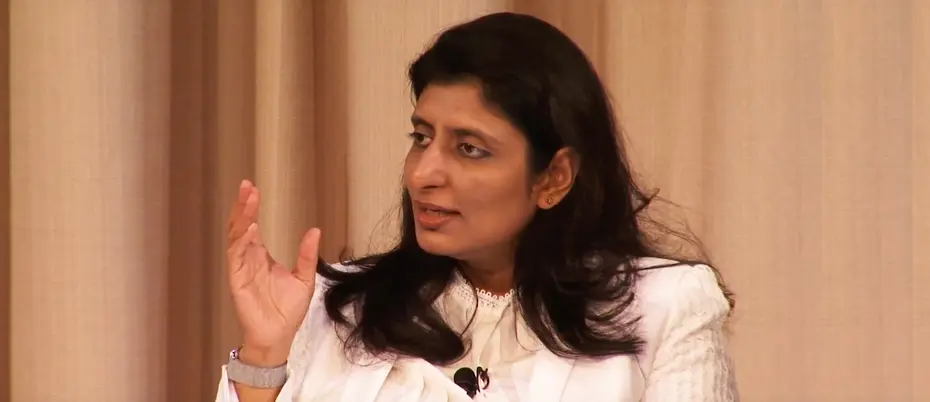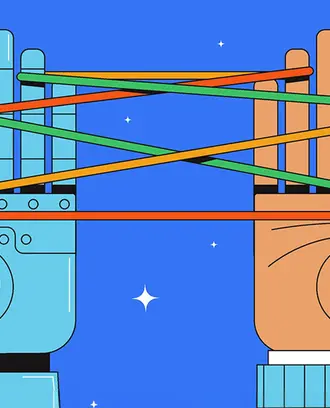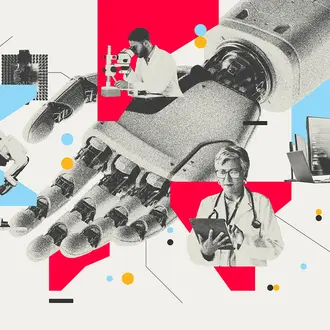Leadership
Bharti Airtel’s Harmeen Mehta wins MIT Sloan CIO Leadership Award
On her way to the 2018 MIT Sloan CIO Leadership Award, Bharti Airtel’s Harmeen Mehta excelled at platform strategy and artificial intelligence, as well as building focused teams.
Could your internet router self-diagnose an issue and repair it before you were even aware of its existence?
For Bharti Airtel global CIO Harmeen Mehta, machine learning and artificial intelligence can harness big data to make that a reality — and it’s just over the horizon for her company.
On May 23, that work and other successes at Airtel, the world’s third largest telecom and network operator, saw Mehta named as the winner of the 2018 MIT Sloan CIO Leadership Award at the MIT Sloan CIO Symposium. The award honors executives who lead their organizations to deliver exemplary levels of business value through innovative use of information technology.
At Airtel, insourcing IT and platform strategy
Since coming to Airtel four years ago, Mehta has helped transition the company’s outsourced IT department into an in-house operation, both diversifying the company’s partnerships with other tech companies and reducing operating expenses.
“When you become one of the largest telecom companies in the world, you kind of need to be master of your own destiny,” she said. “I think it was the right time to make that change, and it’s the reason I was brought in.”
Now, much of her focus is trained on developing artificial intelligence and machine learning techniques that will streamline the company’s customer relations, wrangling the billions of records of data coming into the company each day, streamlining call center operations or developing predictive technology capable of resolving a customer’s complaint in real-time, even before it has been placed.
The company has moved swiftly toward embracing platform strategy thinking, to build platforms that offer multi-product capabilities rather than disparate product offerings, Mehta said. One platform uses the company’s data to calculate a customer’s creditworthiness and secure loans for them in real time, making it easier for them to buy high-end smartphones.
“The telecom of the future is going to look very, very different,” she said. “It’s going to have far more intelligence, rather than just being a service for providing internet and voice.”
The key to making it all work is the non-hierarchical culture in the company’s engineering department, Mehta said.
“People are fully empowered to do their jobs. All platform reviews are done with the entire cross-functional team together with all the product, business, or engineering teams participating,” she said. “It makes it more of a problem-solving session than just a review or update.”
Earlier career: AI experience and focused teams
Mehta has been working with artificial intelligence since the earliest days of her career in the airline industry, which was among the first to widely adopt the technology. Airlines used AI to set the prices of seats, configure cabins, and optimize air traffic patterns based on historical data. In the runup to the Olympics, for instance, airlines would examine data from prior Olympics to determine how many aircraft a carrier would need on hand.
Next, she delved into investment banking, going to work for HSBC, Merrill Lynch, BBVA, and Bank of America.
At HSBC, she said she oversaw the redesign of the bank’s entire back office system for handling transactions in the foreign exchange market. Such a large, transformative project taught her how to create focused teams, held separate from the organization’s day-to-day operations to make ambitious projects work.
“You can separate the people that can really think strategically and for the long term — really dream big and have the capability of having big ideas and putting them into action as well,” Mehta said. “It was the first time I’d seen an organization take such a deep plunge.”
Mehta said the project also showed her the value of learning from mistakes and asking for help. “You realize that it doesn’t work this way, and you literally pick yourself up and dust yourself off, then say ‘OK, I’m going to try it again.’”
During difficult spots on the project, she found herself reading dozens of books on the topics she’d need to learn to solve a problem. A call to the author of one book saw him sign on as a consultant for nearly two years.
“If you’re doing something big, you need the courage to get the best talent in the world,” Mehta said. “It’s about finding those nuggets of expertise, and it can come in many different forms.”




